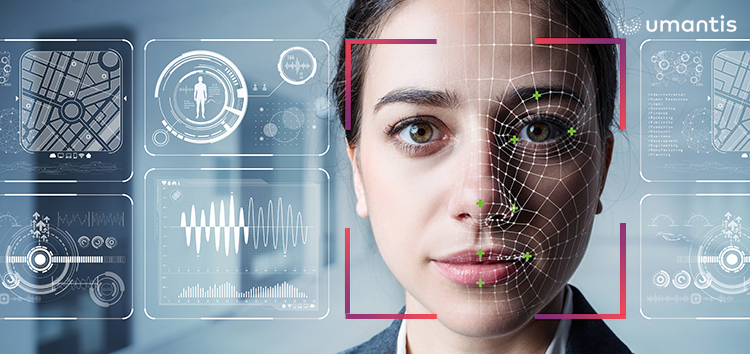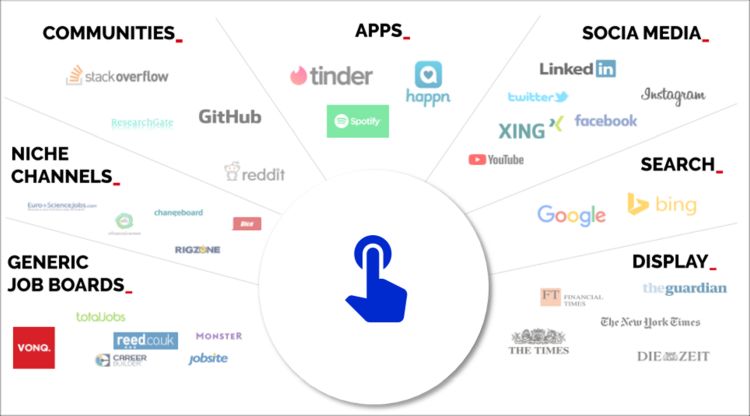The Background
On 13 September 2022, the Federal Labour Court (BAG) ruled that the entire working time of employees must now also be recorded in Germany. According to Section 3 (2) No. 1 of the Occupational Health and Safety Act (ArbSchG) – with an interpretation in conformity with EU law – the employer is obliged to introduce a system with which the working time worked by employees can be recorded (BAG – 1 ABR 22/21). [1]
In doing so, the Federal Labour Court refers to a judgment of the European Court of Justice (ECJ) of 14 May 2019, which concerned the interpretation of the Working Time Directive (ECJ Case 55/18 CCOO). The CJEU had ruled that Member States must oblige employers to put in place an objective, reliable and accessible system to measure daily working time.
According to the Federal Labour Court's decision, employers in Germany must already comply with the ECJ's ruling on the basis of the Occupational Health and Safety Act.
As a result of the draft bill "Amendment of the Working Hours Act and Other Regulations" of the Federal Ministry of Labour and Social Affairs (BMAS) in April 2023, there are now further proposals on the exact content and form of working time documentation. However, the final "how" of the award obligation is currently still being discussed within the government. The law is expected to come in 2024.
The draft proposes the following: working hours should be recorded accurately, daily and electronically, with exceptions in certain cases (e.g. companies with fewer than 10 employees).
What are the requirements for a digital time tracking system?
Digital time recording entails a number of requirements for a system that the current draft law provides, such as:
– Precise recording of the working hours of different working time models: start, end, duration including break times and overtime should be recorded electronically and always on the same day. In addition, it should be possible to map different working time models.
– Reliability and safety: The documentation of working and break times should be protected against manipulation.
– Mobile access: Considering the growing flexibility in the modern working world, the time tracking system should enable mobile recording of working hours, regardless of whether the employee is in the office, home or mobile office.
– Legal compliance: The digital time recording system must comply with the requirements of labor law.
– Data protection compliance: ensuring that all personal data is processed in accordance with applicable data protection regulations, in particular the GDPR.
In addition, the following requirements should also be met:
– Integration and flexibility: The time recording system should enable smooth integration into existing HR and IT infrastructures and be easily adaptable to internal or external changes.
– High ease of use: The digital time tracking system should provide an intuitive user interface that is easily accessible to both employees and administrators to increase adoption of such a system.
The requirements listed may differ depending on the company, industry, and work culture. For this reason, it is important to check the company's needs and specific requirements for a digital time tracking system in advance.
What options are available to companies in the context of digital time tracking?
Companies have a wide range of digital recording options for their employees' working hours, including, for example, the following methods and technologies:
App & Browser: Employees can easily record their working hours digitally and regardless of location using an app or computer.
– Badge/chip/smartphone: Automated recording of attendance and absence as well as other data relevant to working hours is carried out by reading out an NFC / RFID-compatible device / tag
– Biometric Facial Recognition: Employees can be recognized on the basis of clear facial features and thus their working hours can be recorded.
Companies often combine various technologies to make time tracking precise, intuitive and flexible for their employees. When selecting the right system, aspects such as accuracy, security, user-friendliness, legal requirements and data protection by the employer should be taken into account.
What are the benefits of investing in digital time tracking systems for a company?
With digital time recording, the employer can meet the legal requirements. In addition, it brings numerous benefits to companies by enabling the automation of time management, reducing manual tasks and thus increasing efficiency. At the same time, digital time tracking systems ensure accurate and reliable time tracking and offer companies the flexibility to adapt time tracking to different working time models. Thanks to the seamless integration into existing HR and IT systems, digital time recording enables relevant evaluations, can ensure efficient personnel scheduling and ensures a high level of user-friendliness for employees.
Result
Digital time tracking will be one of the top topics for companies and especially for human resources in the future, as traditional time tracking methods will soon be obsolete. The boom in mobile time tracking apps, the increasing range of innovative technologies, the increasing popularity of cloud-based solutions and the integration of time tracking systems into existing HR systems signal a clear direction.
If you haven't thought about digital time tracking systems yet, now is the time to do so. We will be happy to advise you. Contact us at: marketing@umantis.com
[1] Federal Ministry of Labour and Social Affairs, https://www.bmas.de/DE/Arbeit/Arbeitsrecht/Arbeitnehmerrechte/Arbeitszeitschutz/Fragen-und-Antworten/faq-arbeitszeiterfassung.html

Alexandra Heubuch
Lead of Business Intelligence & Research




